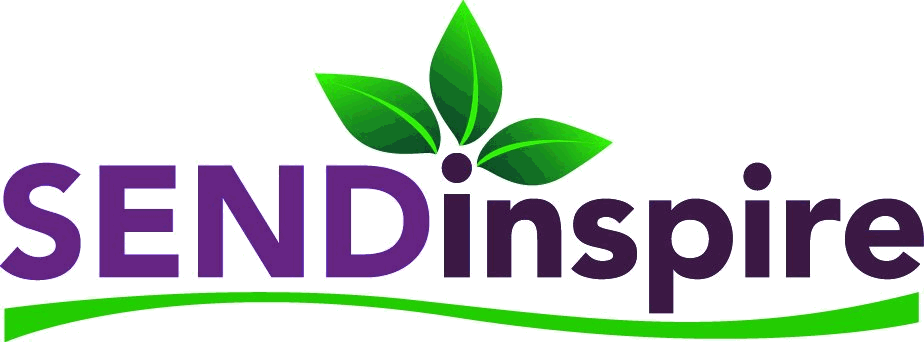Dyscalculia is a specific learning disability that affects a person’s ability to understand and work with numbers. It can impact various aspects of numerical and mathematical skills. Here’s a brief overview:
Symptoms:
- Difficulty with Basic Arithmetic: Individuals with dyscalculia may struggle with basic arithmetic operations like addition, subtraction, multiplication, and division.
- Number Recognition: Difficulty in recognising and understanding numerical symbols.
- Poor Mental Maths: Challenges in performing calculations mentally.
- Spatial Difficulties: Problems with understanding spatial relationships and measurements.
- Difficulty with Time and Money: Struggles with concepts related to time and money.
Diagnosis: A formal diagnosis is typically made by educational psychologists or specialists in learning disabilities. It involves a comprehensive assessment of mathematical abilities, cognitive skills, and educational history.
Treatment: There is no cure for dyscalculia, but various interventions can help manage and improve mathematical abilities. These may include:
- Educational Support: Specialised instruction tailored to the individual’s needs.
- Multisensory Techniques: Using multiple senses to engage with mathematical concepts.
- Assistive Technology: Tools and apps that can aid in mathematical understanding.
- Memory Aids: Techniques to improve memory and recall of mathematical information.
Help and Support:
- Educational Support Services: Access to specialised educational support within schools or learning centres.
- Personal Learning Plan ( PLP): In many countries, students with dyscalculia may qualify for an PLP, outlining specific accommodations and support.
- Counselling: Emotional support and strategies to cope with challenges.
- Parental Involvement: Parents can work closely with teachers and specialists to provide consistent support.
It’s essential to remember that dyscalculia doesn’t reflect a lack of intelligence, and individuals with this condition can excel in other areas. Early intervention and ongoing support are crucial for managing dyscalculia and helping individuals develop strategies to navigate mathematical challenges.

